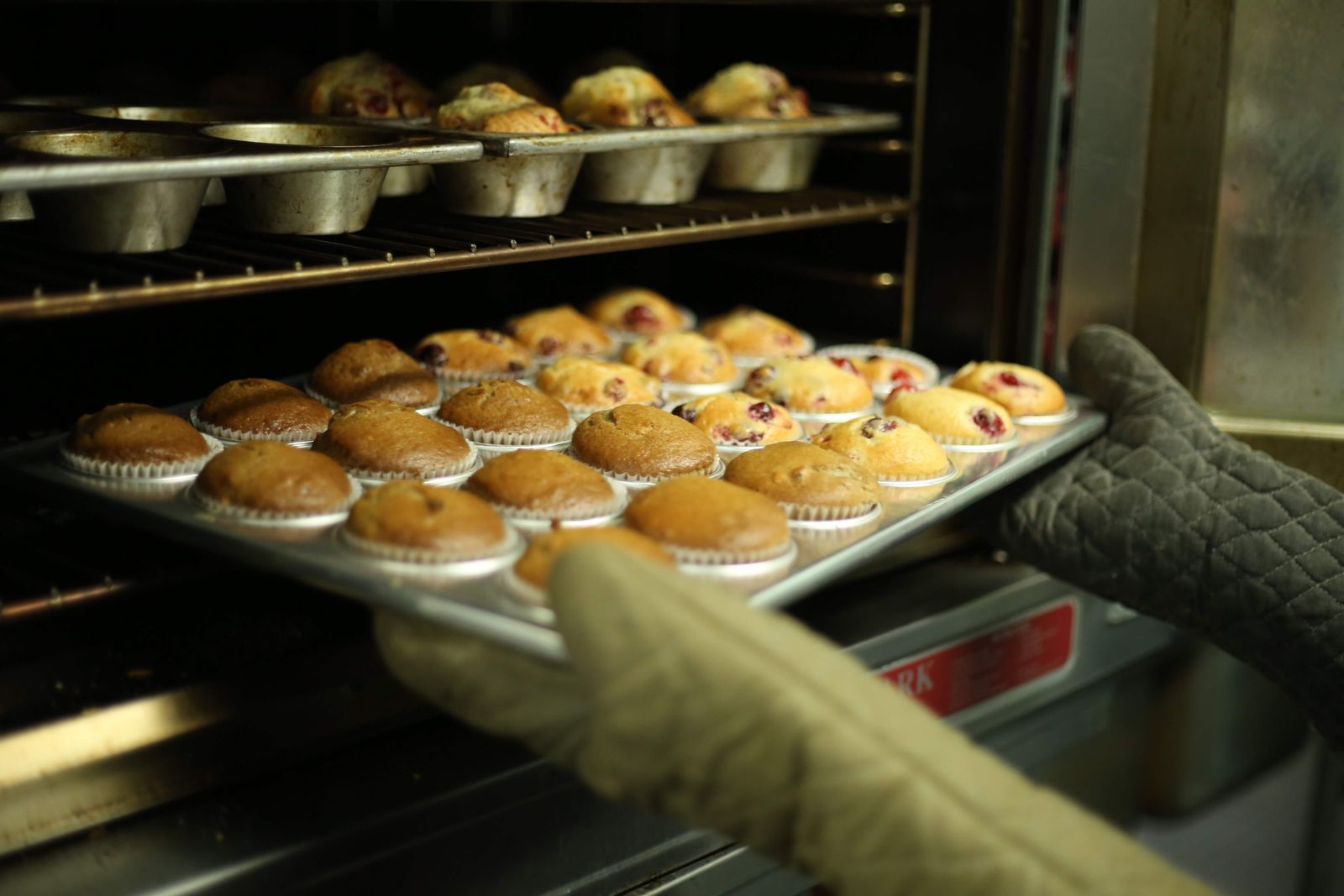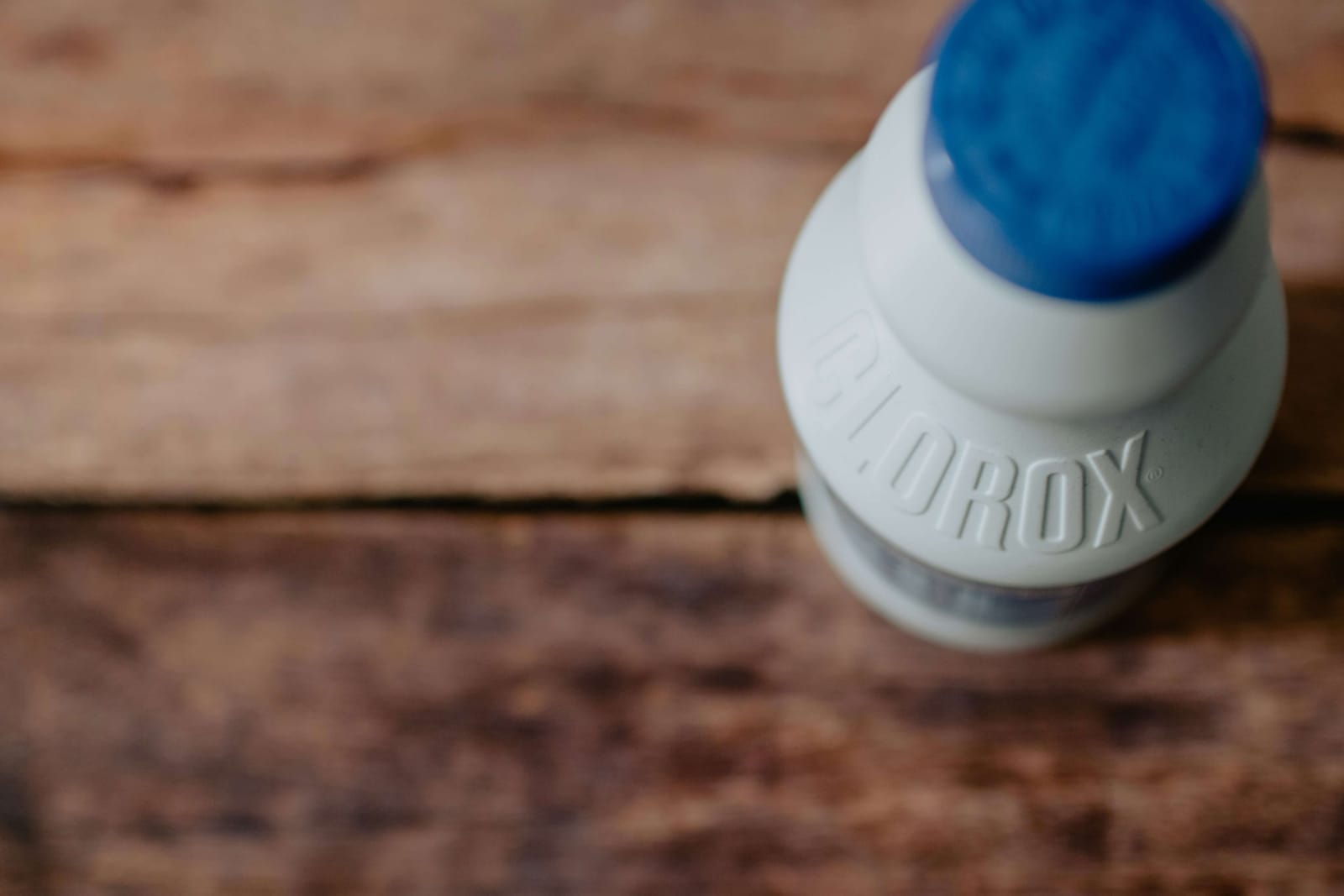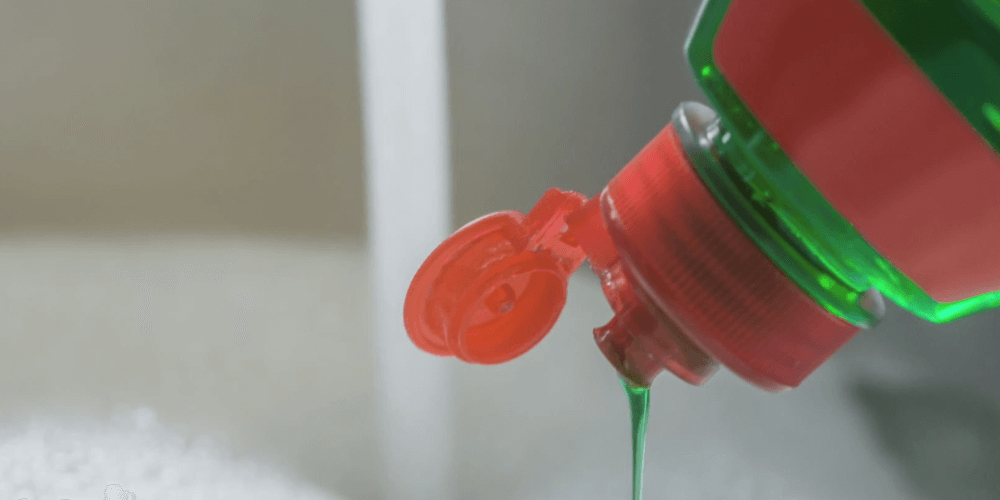When it comes to baking, having the right kitchen tools can make all the difference. One of these essential tools is a bakeware set. But with so many options available, how do you choose the one that's right for you?
In this micro-guide, we'll explore the factors you need to consider when selecting the ideal bakeware set for your kitchen.
In This Article
- Understanding Bakeware Sets
- Factors to Consider When Selecting a Bakeware Set
- Material Considerations
- Non-Stick vs Regular Bakeware
- Size and Shape Considerations
- Care and Maintenance Tips
- Conclusion
- Frequently Asked Questions
- Further Reading
Understanding Bakeware Sets
A bakeware set typically includes various pans and racks that are essential for baking. These can range from pie pans and baking sheets to cake pans of different shapes and a muffin pan. Understanding the components of a bakeware set and its uses is the first step toward making an informed decision.
- Pie Pans: Ideal for baking pies and quiches. They usually have sloped sides and a flat bottom.
- Baking Sheets: These flat, rectangular pans are perfect for baking cookies, roasting vegetables, and more.
- Cake Pans: Available in various shapes and sizes, they are used for baking cakes. Round and square cake pans are the most common.
- Muffin Pan: This pan has multiple small cups and is used for baking muffins or cupcakes.
Factors to Consider When Selecting a Bakeware Set
When choosing a bakeware set, it's important to consider your specific baking needs to avoid unnecessary clutter in the kitchen. Here are some questions to guide your decision:
- Baking Preferences: Do you bake a lot of pies, or are you more into cookies?
- Usage Frequency: How often do you bake? If you bake frequently, you might need a more extensive set.
- Kitchen Space: How much storage space do you have? Some bakeware sets are stackable, saving you space.
- Budget: How much are you willing to spend? While it's tempting to go for cheaper sets, they might not be as durable or perform as well.
Material Considerations
The material of the bakeware affects its quality and performance. Options include stainless steel, glass, silicone, aluminum, and ceramics. Each material has its pros and cons:
- Stainless Steel: Excellent heat conductor, durable, and resistant to rust. However, it can be prone to hot spots.
- Glass: Offers even heat distribution and allows you to see the bottom of your baked goods. However, it takes longer to heat up and cool down.
- Silicone: Flexible and easy to clean. However, it also doesn't hold heat, which can affect browning.
- Aluminum: Excellent heat conductor and lightweight. However, it can react with acidic foods and may warp at high temperatures.
- Ceramic: Provides even heat distribution and retains heat well. However, it's heavy and can chip or crack easily.
Non-Stick vs. Regular Bakeware
Non-stick bakeware is popular for its easy food release feature. However, traditional non-stick coatings like Teflon can be harmful if ingested. An alternative is ceramic bakeware, which offers a non-toxic and non-stick surface without the health risks associated with traditional non-stick coatings.
- Non-Stick Bakeware: Easy to clean, reduces the need for excess oil or butter, but can scratch easily and may not be safe at high temperatures.
- Regular Bakeware: More durable, can withstand higher temperatures, but may require more oil or butter, and can be harder to clean.
Size and Shape Considerations
The size and shape of the bakeware can impact the baking process. For example, a larger pan will require a longer baking time, while a smaller one will bake faster. Similarly, a round pan is ideal for cakes and pies, while a square or rectangular one is better for brownies and casseroles.
Care and Maintenance Tips
Proper care and maintenance of your bakeware set can extend its lifespan and ensure optimal baking results. Here are some tips:
- Cleaning: Always clean your bakeware after each use to prevent buildup. For stubborn stains, soak in warm soapy water before scrubbing.
- Storage: Store your bakeware in a dry place to prevent rust. Use a cloth or paper towel between pans to prevent scratches if stacking.
- Use: Avoid using metal utensils on non-stick bakeware to prevent scratches. Instead, use wooden or silicone utensils.
Conclusion
Choosing the right bakeware set for your kitchen can enhance your baking experience. By considering factors such as your baking needs, the bakeware's material, and the pans' size and shape, you can find a perfect set for you.
Frequently Asked Questions
What to look for when buying bakeware?
When buying bakeware, consider the material, size, shape, and whether it's non-stick. Also, think about your specific baking needs and how often you'll use the bakeware.
What bakeware do professional bakers use?
Professional bakers often use bakeware made of durable materials like stainless steel and aluminum. They also prefer non-stick bakeware for easy food release.
What is the importance of choosing accurate and correct bakeware in baking?
Choosing the right bakeware is crucial as it affects the baking process and the outcome of your baked goods. The right bakeware ensures even heat distribution, optimal baking time, and easy food release.
What is the best material for a baking set?
The best material for a baking set depends on your specific needs. Stainless steel and aluminum are great for heat conduction, while glass and ceramic offer even heat distribution. If you prefer non-stick bakeware, consider ceramic options.
Further Reading
- Decoding Bakeware Sets: A Micro-Guide to Components - Understand the different pieces in a bakeware set and how to care for them.
- The Non-Stick Revolution: The Science Behind Bakeware Sets - Explore the science behind non-stick bakeware and its benefits and drawbacks.
- Interested in upgrading your baking experience? Delve into the article 'The Advantages of Cooking With Silicone Bakeware' featured on Delishably, and explore the various perks of incorporating silicone bakeware into your kitchen.
- If you're in the market for a new bakeware set, don't forget to check out our article on the best bakeware sets. You'll find a variety of options to suit your baking needs.



